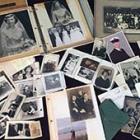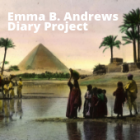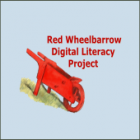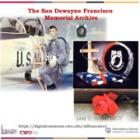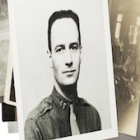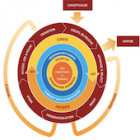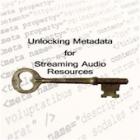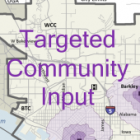
Targeted Community Input for Library Strategic Planning
The Bellingham Public Library has begun their Strategic Planning process and are interested in gathering the perspectives of the citizens of northern Bellingham, a dense and diverse population with low-income housing and a lack of critical resources, such as food, education, and living space. Through an informal American Library Association Ask Exercise, input was gathered regarding aspirations, needs, and concerns of community members and formed into service recommendations for Bellingham Public Library to better understand the aspirations of this underserved population in an attempt to redevelop services and resources to better support the community’s needs.

